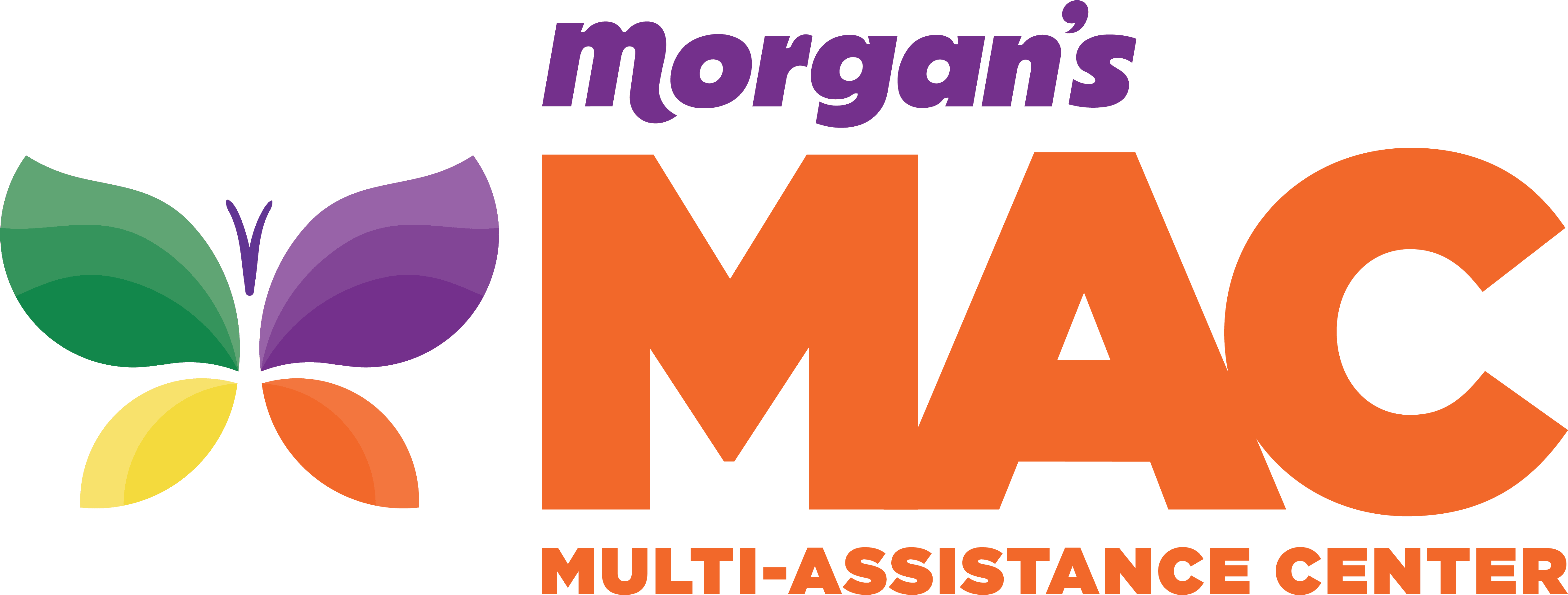Practice Without Pressure
Practice Without Pressure
Practice Without Pressure (PWP) ™ is a program at Morgan’s MAC that serves MAC Members through routine practice sessions to build skills and confidence for participation in personal and healthcare experience. Practice Specialists certified in PWP philosophy and strategies lead and structure MAC Members’ PWP journey.
In a practice session, a Practice Specialist, a MAC Member, and their caregivers work together to gain familiarity and learn to work through challenging healthcare routines while embodying PWP philosophy. Practice Sessions are in-person appointments where MAC Members, Practice Specialists, and caregivers take time to practice a healthcare routine. The practice sessions are individualized and designed to create a safe environment that centers each MAC Member’s goals.

Changing Medical Care
Along with the goal of eliminating restraint practices in medical, dental, and personal care procedures, the PWP model also aims to make these changes to the healthcare experience that individuals with disabilities often run into. Here is a list of changes we want to see in medical care.
- Less daily stress for patients, caregivers, and healthcare professionals
- Decrease appointment time
- Overall savings in cost
- Decreased usage of emergency room visits, especially for oral health issues
- Adding PWP as a Medicaid payable benefit in the future.
Why Morgan's MAC?
With PWP partnering at Morgan’s MAC, it allows the program to directly tie into Non-Medical Drivers of Health (NMDOH). Both entities will work together to increase the ability of primary care and behavioral health professionals to provide more high-quality care to patients who need it. Since the program includes both caregivers and professionals, both MACers and MAC members will benefit.
History
Marc Jastrebski, a diehard Philadelphia sports fan and a whale lover, is the reason Practice Without Pressure exists. In 1989, Marc was born with severe heart problems. As a child with complex medical needs, he needed countless blood draws, but as a child with Down Syndrome, his parents were led to believe that the only way for Marc to participate was for him to be held down and forced to comply to complete those procedures. Laying on top of Marc to complete medical, dental and personal care procedures became the norm.
Like many others who have shared a similar restraint history, Marc could not tolerate anyone in his personal space due to these experiences. His mother, Deb Jastrebski, decided to look for another way, practicing Marc’s first independent phlebotomy experience at their kitchen table. This humble beginning planted the seed for what PWP is today.
PWP is available to MAC Members thanks to the generous support of United Healthcare which allowed the MAC’s Practice Without Pressure team to be trained by the President and Founder, and whose support has built the Practice Without Pressure Suite located on the third floor of Morgan’s MAC. To learn about the philosophy or education about PWP, visit practicewithoutpressure.com





